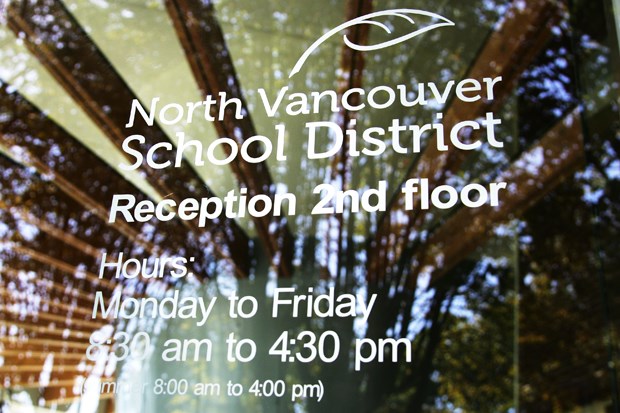Scrapping some provincial exams and potentially changing the way students’ progress is reported to parents are just two of the changes being introduced by the province as the Ministry of Education moves into the next stage of rolling out its new curriculum.
Education Minister Mike Bernier announced Thursday that starting next school year, high school students will only be required to take two provincial exams to graduate – one in math in Grade 10 and one in English.
Currently, students take five provincial exams to graduate, including exams in English, math and science in Grade 10, social studies in Grade 11 and English in Grade 12.
Most provincial exams are worth about 20 per cent of a student’s mark, with the final English exam worth 40 per cent.
Bernier said the province is getting rid of some of the exams because the emphasis on memorizing particular subject content is at odds with the new curriculum, which stresses core competencies taught in different ways.
Kathleen Barter, district principal with the North Vancouver School District, said teachers will still assess students and assign percentages in the senior high school years, which are needed for university admissions.
More of that assessment will be done by a classroom teacher, however, and less will be through standardized testing.
Representatives from both the North Vancouver Teachers Association and North Vancouver’s District Parent Advisory Council said it was too soon to comment on the changes.
The B.C. Teachers Federation has issued a statement saying it is “generally supportive” of the changes announced.
One high school teacher said not everyone thinks the changes are a good idea. Norm Nichol, a social studies teacher at Sutherland, said some of his colleagues fear the changes could spell reduced academic rigour and less ability to assess a class’s or a school district’s performance in particular subject areas.
Nichol said he thinks large changes to the education system should come after wider consultation with the public, not as a result of decisions made by groups with “vested interests” in the education system.
Along with the reduced exam schedule, the province is also asking parents this summer to speak up on how they’d like to see their kids’ progress at school reported back to them. The province is considering changing the way report cards are handled – including requiring reports from teachers to parents more often. Some of those reports, however, may no longer be in traditional letter grade form in the future.
Barter said more frequent reports may allow for parents to be alerted earlier if students are struggling in a particular area.
“Most times parents would like to have an understanding at an earlier time,” she said. “What we’re trying to do is making the system better.”
Parents will have a chance to comment from the end of June to October.
A new course in career education will also be introduced in 2017/2018 as a required course for graduation, which will replace other existing career courses.
This fall, the new curriculum will be in place in all classrooms in kindergarten to Grade 9.
The introduction of the curriculum will begin in grades 10 through 12.



